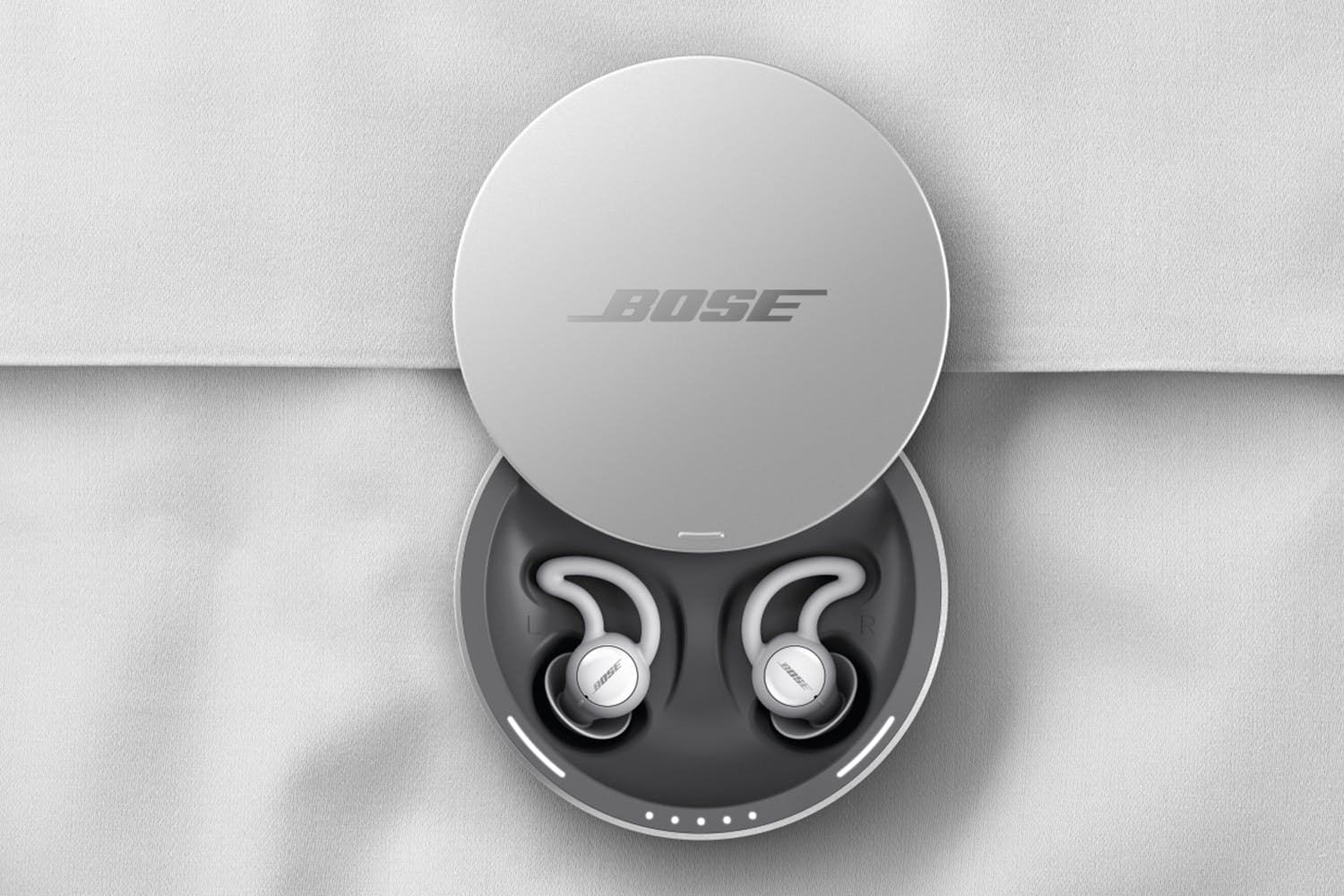Why we get night sweats and hot flashes - and what to do about them.

Oh, the joys of waking up in the middle of the night in a puddle of sweat, heart racing and body roasting. Then a few minutes later, you’re freezing again. Welcome to the world of night sweats. Sounds less than appealing, I know, but for a large contingency of people, that is a daily reality. Night sweats (which occur during sleep), and hot flashes (which occur during the day), affect 75 to 80 percent of women in menopause and perimenopause, and they can go on for years. Not good news when its a large factor that influences sleep.
So, what are night sweats?
Basically, it’s all down to oestrogen, and a flustered hypothalamus because of a lack of said oestrogen.
The hypothalamus regulates our body temperature. This part of the brain has lots of oestrogen receptors and hums along happily as long as the oestrogen keeps coming.
But when oestrogen declines permanently in perimenopause and menopause (and also less permanently, at other times of our lives – see below), this brain structure gets confused, not sure if the body it’s regulating is freezing or overheating, and body temps can then roller coaster as the brain tries to figure it out.
Barring menopause, a few other factors that might make your body temperature go haywire, are if you take certain kinds of medication; suffering from diabetes (which wreaks havoc with your glucose levels at night); experience chronic sweating (which is a genetic medical condition called hyperhidrosis); or are overweight, which often adds insulation that makes it difficult for your body to properly thermoregulate while you sleep.
So what can you do about night sweats?
There’s no real cure, especially when menopause is to blame (sad days), but there are certainly ways to manage this sleep sapping situation. Here’s how:
- Avoid exercise late at night. Getting your heart rate up can boost metabolism and raise your body temperature, which is not what you want before bed. Also, try taking a lukewarm shower at night instead of a hot one.
- Steer clear of spicy food, hot drinks and alcohol in the evening. These can all trigger sweating whether you are menopausal or not.
- Keep refreshments by the bed. Before you sleep, drink a glass of cool water. Also, keep ice cubes on your bedside table so you can quickly cool yourself down if you do wake up.
- Keep your bedroom cool. Invest in that Aircon unit that you have been keen on for ages. Keep your thermostat to a cool mid-60 degrees Fahrenheit, which is optimal according to sleep experts.
- Reduce your stress. Being chronically stressed out puts your nervous system into overdrive, which raises your body temperature, getting you energised to adequately meet any physical threats. By lowering your stress levels overall - during the day and at night - your body can literally and metaphorically “cool down.”
- Nip a night sweat session in the bud. If you can get involved while it’s happening, it could go a long way towards lessening the intensity of the sweat. Grab a frozen bag of peas (or something more tech savvy) and plop it on your head/neck/wherever feels good, to keep the temps down.
- Wear moisture-wicking pyjamas. Night sweats can become a cold flash pretty quickly, so wearing pyjamas that are temperature regulating, is ideal. Bamboo, the fabric that we use at Nightire for all the sleepwear, is perfect for that exact purpose, so moisture is wicked away from the surface of your skin and absorbed quick quick.
- Mindfulness for the win. Meditation and deep breathing could all go a long way towards helping you to fight the discomfort in your body during a hot flash.
Should I be worried about night sweats?
If it’s the usual menopausal type, then absolutely not. Because night sweats interrupt your sleep, however, it could have other implications like increasing fatigue, irritability, brain fog and anxiety. If you’re not at the menopausal age and think it might be down to other factors such as infections, certain cancers or a thyroid issue, get in touch with your doctor stat.
First order of business though – buy that lovely set of Nightire Pjs that you have been lusting after:)
Written by: founder Nina Clark



